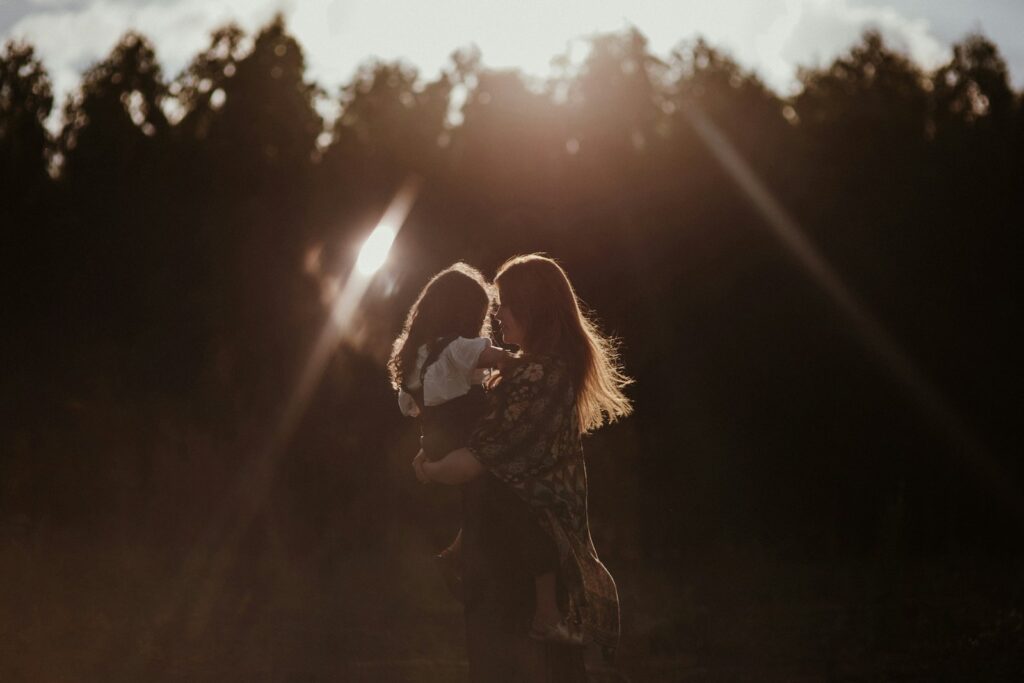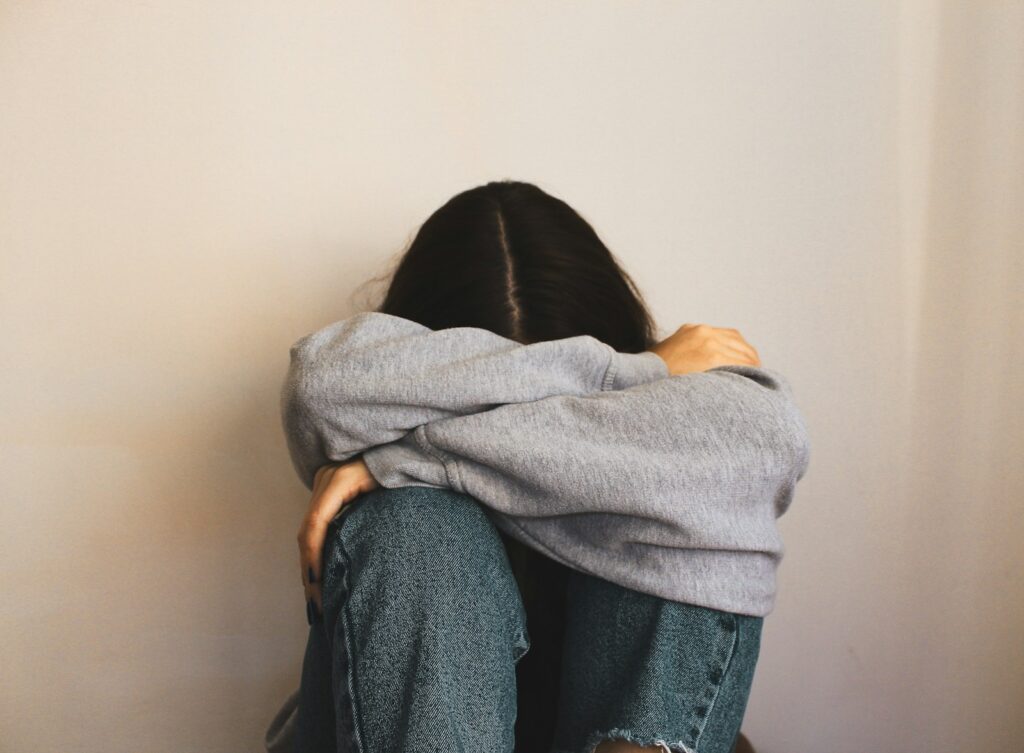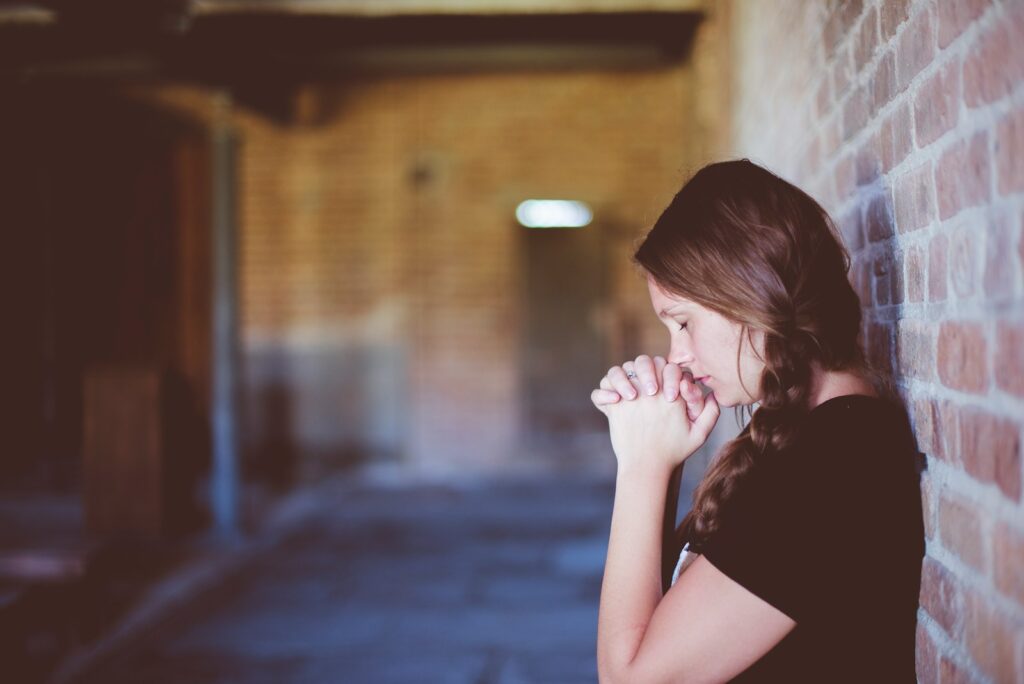
The country music community faces a wave of sensitive revelations as Grace Kelley, daughter of acclaimed singer Wynonna Judd, has publicly shared details of her childhood. Her account highlights alleged familial betrayals and enduring trauma, including claims of sexual abuse by her former stepfather and accusations that her mother attempted to conceal the truth. This narrative weaves the public image of a revered musical figure with the private pain of a daughter, prompting reflection on the complex dynamics within the Judd family.
Grace Kelley’s Disturbing Allegations: Abuse and Claims of a Cover-Up
Grace Kelley, now 29, alleges she was sexually abused by her former stepfather D.R. Roach when she was 10 years old. Roach, who was Wynonna Judd’s second husband and once her bodyguard, was married to Judd from 2003 until his arrest in 2007. Kelley describes a violation of trust that she says has left lasting impacts on her life and relationship with her mother.
Kelley states the alleged abuse first came to light during family counseling sessions. She recounts that counselors recognized the severity of the situation and took action, saying, “Then when they found out in counseling what he had done to me, they’re like, ‘Wait a minute. We’re going to report this to law enforcement.’” This professional intervention moved the family’s private struggle into the formal legal sphere, initiating proceedings against Roach. Kelley also levels direct accusations at her mother, expressing profound disappointment with comments such as, “So is my mom rich? Yeah, she’s so rich that she was able to sweep me under the rug and abuse me and then cover it all up.” She further notes, “I don’t want to talk bad about my mom, but we’ll just say she’s a good performer. She was never a mother.”

Legal Consequences for D.R. Roach: Conviction and Registry Status
D.R. Roach faced significant legal repercussions following the allegations. He was arrested in March 2007 in Texas and charged with three counts of aggravated sexual battery on a child under 13. These charges led to a conviction that altered his legal status permanently.
Roach later pleaded guilty to criminal attempt to commit aggravated sexual battery, with the offense date listed as February 1, 2007. He is currently listed as an active offender against children in the Tennessee Sex Offender Registry, a database tracking individuals convicted of such crimes. While the victim’s identity was never publicly revealed before, Kelley’s recent statements connect her personally to these documented events, adding a personal layer to the official records.

Wynonna Judd’s Response and Her Own History of Trauma
Wynonna Judd addressed the situation publicly for the first time in a 2010 interview with Oprah Winfrey. She described entering “mama bear mode” upon learning of the allegations, emphasizing swift action to protect her family. She recounted removing Roach from her home quickly, stating, “He was out of the house within the hour.” She also admitted to a moment of intense emotion, saying, “I called him everything I could think of. I had a moment where I let it all fly, and then it was done.”
Judd declined to discuss specifics of the alleged abuse to protect the victim, explaining, “Because of the child, I won’t speak about it. It’s their story [to tell] when they’re ready to talk.” She noted the ongoing healing process, adding, “They’re in the [healing] process, and it’s none of my business.” She also shared her need to separate herself from the details to cope, stating, “I had to separate from it or it would have killed me. I literally had to physically, emotionally and spiritually literally place them at the feet of Jesus.” She concluded with a focus on moving forward, saying, “The best revenge is living well.”
Judd later revealed her own history of childhood sexual abuse in the May Lifetime documentary “The Judd Family: Truth Be Told.” She stated, “I was molested at 12,” and explained the long-term impacts: “my whole sexuality thing was really stamped out because I just, at 12, shut down.” She also acknowledged the burden she carried, saying, “I carried the weight, both literally and figuratively,” highlighting a pattern of intergenerational trauma within the family.
Grace Kelley’s Turbulent Past and Journey to Recovery
The aftermath of the alleged abuse and familial upheaval shaped Grace Kelley’s teenage and adult years. She describes her life during this period as “messed up,” a reflection of the turmoil she experienced. Between the ages of 12 and 17, she was admitted to “14 different facilities,” a sign of prolonged instability and efforts to manage her distress during a critical developmental phase.
Kelley’s adult life has included legal challenges and a battle with drug addiction. Public records note multiple arrests, including three in the past year. These incidents included charges such as attempting to flee an officer, driving with a suspended license, and improper use of motorcycle equipment in August 2024, as well as stealing a church van while under the influence of drugs—an offense that led to six weeks in jail. She also served an eight-year prison sentence in 2018 for probation violations, with subsequent violations leading to additional incarceration.
In recent months, however, Kelley has embarked on a path of recovery. She is now sober and resides in Charlottesville, Virginia, where she has found support in the Ground Zero Church of the Nazarene—the same church from which she previously stole a van. She credits Pastor Kent and his wife Megan Hart with her transformation, stating, “If it wasn’t for Pastor Kent and Megan Hart, I would still be out there using. I’d still be out there doing the same thing I was.” Her commitment to recovery includes a baptism earlier this year, and she has shifted from admitting to having “prayed to the devil” to expressing gratitude for a “forgiving god.” She notes, “I’ve been looking for a home for a long time… And I think I found it.”

Wynonna Judd’s Role as a Grandmother: Raising Kaliyah
Amid the family’s challenges, Wynonna Judd has taken on the role of raising her three-year-old granddaughter, Kaliyah. She cares for Kaliyah on her 1,000-acre Tennessee farm alongside her husband, drummer Cactus Moser. Judd revealed this role in a June interview with Us Weekly, a disclosure that followed Kelley’s 2024 legal difficulties related to drug use and other charges.
Judd emphasizes the importance of unconditional love in raising Kaliyah, stating, “The greatest thing I can tell her is that she’s loved unconditionally. I want her to know her best is good enough.” This approach reflects a desire to provide Kaliyah with the stability and support Kelley has claimed was missing from her own upbringing, adding another layer to the Judd family’s evolving story.

Grace Kelley’s Memoir: Reclaiming Her Narrative
Grace Kelley is now channeling her experiences into a memoir, a project she views as a way to take control of her story. The book, tentatively titled Pronoia, represents a new phase of empowerment for Kelley, who says “now’s my time” to share her journey. She acknowledges past hesitation about discussing sensitive topics, noting, “I was iffy about talking about all this stuff,” but now draws strength from her faith, adding, “no matter what is said about me, the Bible says the truth will set you free.”
For Kelley, the memoir is more than a recounting of events—it is a chance to reclaim the “voice” she says she “never had.” The project stands as a testament to her healing process and a potential source of support for others facing similar challenges, solidifying her commitment to moving forward while honoring her past.
This exploration of Grace Kelley’s allegations, Wynonna Judd’s responses, and the family’s experience with intergenerational trauma reveals a story of pain, resilience, and the ongoing search for healing. It underscores the power of truth and the human capacity for transformation, offering both a look at the complexities of family dynamics and a message of hope for recovery.





